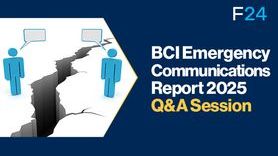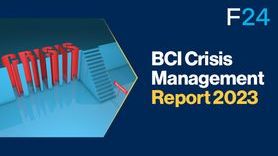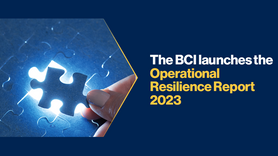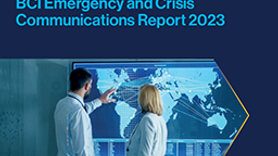UK Covid-19 Inquiry report: Resilience lessons
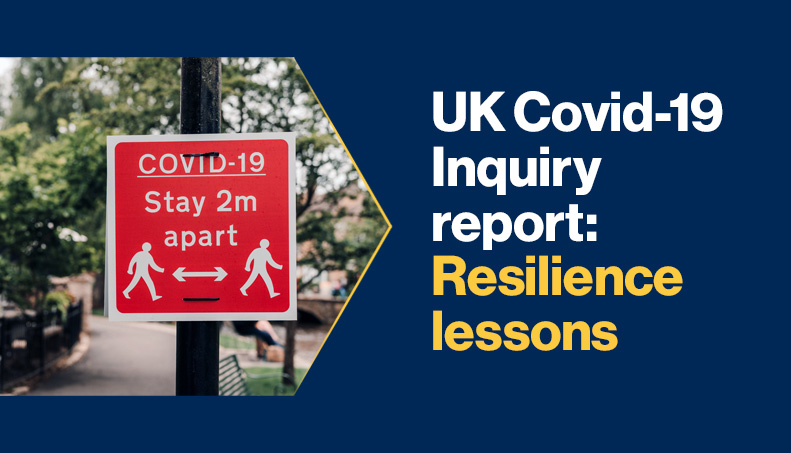
On 18 July, Module 1[1] of the UK’s Covid-19 Inquiry was released, the first of nine due to delve into the UK’s pandemic planning and response. This first module examines the state of the structures and procedures in place to prepare for and respond to a pandemic in the UK.
The report, led by Baroness Hallett, states that the UK’s (and the devolved nations’) planned procedures and structures “lacked resilience” and “failed their citizens”, outlining criticisms including a flawed approach to risk assessment, failure to fully learn from past exercises and disease outbreaks, and ministers failing to receive a range of scientific advice and then failing to challenge advice that was given.
In addition, the report highlights failure to exercise measures such as mass testing, mass contact tracing, mandated social distancing or lockdowns, and the inability of experts to share dissenting views due to a desire for harmony and conformity, which led to a narrowness of viewpoint deemed ‘Groupthink’.
The report contains 10 recommendations[2] to overhaul how government prepares for civil emergencies, including a UK-wide pandemic response exercise every three years, a new independent statutory body responsible for preparedness and response that incorporates scientific and socio-economic expertise, and a new ministerial level body with overarching responsibility for civil emergencies, which all government departments feed into. Baroness Hallett said she is keen for swift implementation of the recommendations, indicating many should take place within six months. She said:
“The expert evidence suggests it is not a question of if another pandemic will strike, but when."
This report is a timely reminder to organizations that planning for pandemics is not old news, but a current threat. The BCI Horizon Scan Report 2023 showed non-occupational disease/pandemic is no longer a high concern for organizations, falling from second place in 2022 to just 21st in the 2023 edition. However, this report, coupled with the UK’s National Risk Register 2023[3] which indicates pandemic is still a threat for 2024, highlights the danger of complacency over pandemic planning, leaving organizations exposed.
Practitioners should seek to audit pandemic plans to ensure they are up-to-date, and partner with top management to ensure this threat remains on the radar. Moreover, recommendations from the Covid-19 Inquiry report can provide more general risk agnostic guidance on resilience because although practitioners cannot predict every crisis, they can prepare organizations by investing in resilience. For example, the inclusion of regular training and exercising, and ensuring a wide range of opinions and expertise form resilience planning to promote collaboration and avoid Groupthink or silos. In addition, the formation of a resilience team with a strategic mindset that other areas feed into are examples of good practice that professionals can include in their own planning.
The Covid-19 Inquiry is an ongoing investigation into government planning and response to the pandemic. Over the coming months, further modules will be released with greater learning and recommendations to ensure the UK is resilient in the face of civil emergencies. Practitioners across the world would do well to keep abreast of the advice and apply it to their own organizations as appropriate.
[1] UK Covid-19 Inquiry: Resilience and preparedness (Module 1) Report - GOV.UK (www.gov.uk)
[2] Inquiry publishes first report and 10 recommendations focused on pandemic resilience and preparedness - UK Covid-19 Inquiry (covid19.public-inquiry.uk)






